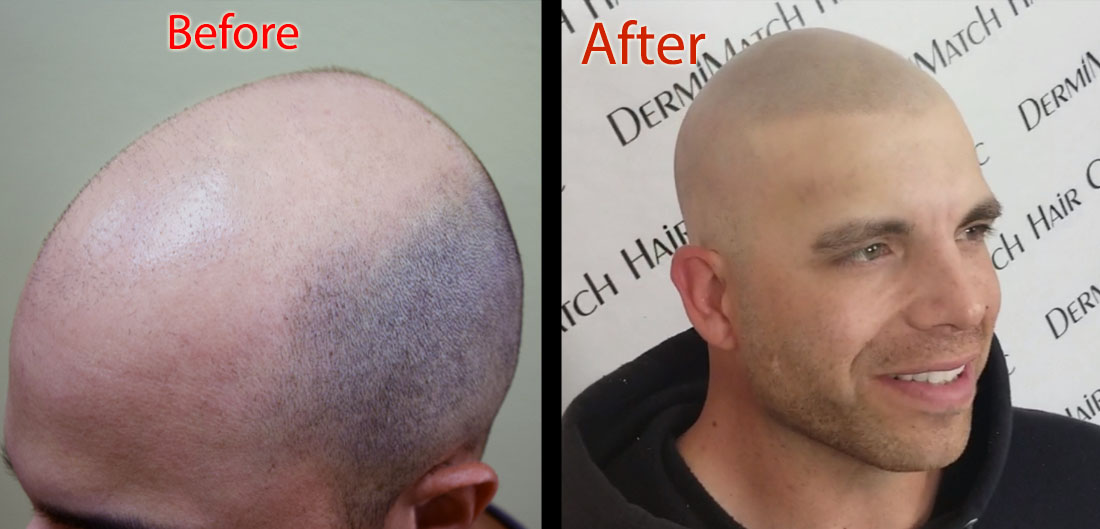When you are struggling with hair loss, you try to find solutions of all sorts. But you might be unaware of the connection between alcohol and hair loss. Does alcohol cause hair loss directly?
While alcohol is not the direct cause of hair loss, it creates a perfect storm of conditions that can lead to significant thinning and shedding. Alcohol consumption can damage your hair’s foundation from within. Regular drinking disrupts your body’s natural processes, making healthy hair growth impossible.
How Does Alcohol Affect Hair Growth and Nutrition?
Alcohol severely impairs your body’s ability to absorb essential nutrients that your hair follicles desperately need. When you drink regularly, your digestive system struggles to process iron, zinc, protein, and vitamins A, D, and E. These nutrients are the building blocks of strong, healthy hair. Without them, your hair becomes weak, brittle, and prone to falling out.
Heavy drinkers often replace nutritious meals with empty calories from alcohol. This creates a double impact where you’re not only blocking nutrient absorption but also failing to consume the vitamins and minerals your hair needs to thrive.
Can Drinking Too Much Alcohol Cause Your Hair to Fall Out?
Since we have already discovered the connection between alcohol and hair loss, how much is too much?
Yes, excessive alcohol consumption can cause your hair to fall out through several mechanisms. Chronic dehydration from alcohol’s diuretic effects strips moisture from your scalp and hair follicles. This leads to dry, brittle hair that breaks easily and a scalp environment that can’t support healthy growth.
Alcohol also disrupts your sleep patterns, and poor sleep directly impacts hair growth cycles. During deep sleep, your body produces growth hormones essential for hair regeneration. When alcohol interferes with this process, your hair growth slows dramatically.
Will My Hair Grow Back if I Stop Drinking Alcohol?
Stopping alcohol consumption can help restore hair health, but recovery depends on several factors. If your hair loss is primarily due to nutritional deficiencies from drinking, you may see improvement within three to six months of sobriety. However, if alcohol has triggered or accelerated genetic pattern baldness, the damage may be permanent.
The good news is that quitting alcohol allows your body to properly absorb nutrients again. Combined with a balanced diet rich in protein, iron, and vitamins, this creates optimal conditions for whatever hair regrowth is possible.
How Does Alcohol Increase DHT and Worsen Male Pattern Baldness?
Research suggests that alcohol consumption may increase levels of dihydrotestosterone (DHT), the hormone responsible for shrinking hair follicles in men with genetic predisposition to baldness. Higher DHT levels accelerate the miniaturization process, causing hair to become progressively thinner until follicles stop producing hair entirely.
This hormonal disruption explains why some men notice their hair loss accelerating during periods of heavy drinking, even when they maintain good nutrition otherwise.
When Does Alcohol Cause Hair Loss That Won’t Recover?
Sometimes the effects of alcohol on hair loss create permanent changes. Long-term heavy drinking can damage hair follicles beyond repair, especially when combined with genetic factors. Additionally, alcohol-related liver damage affects your body’s ability to process nutrients even after you quit drinking.
Stress-related hair loss from alcohol addiction can also trigger conditions like alopecia areata, where your immune system attacks hair follicles. While this can sometimes reverse, it often requires medical intervention.
Scalp Micropigmentation: The Ultimate Solution When Hair Won’t Return
When alcohol-related hair loss proves irreversible, scalp micropigmentation offers an immediate, permanent solution. SMP creates the appearance of a full head of hair by depositing specialized pigments into the scalp, mimicking natural hair follicles. Unlike hair transplants or medications, SMP works regardless of the underlying cause of your hair loss.
The treatment is particularly effective for men who’ve experienced accelerated balding due to alcohol’s effects on DHT levels. SMP can restore a natural-looking hairline and add density to thinning areas, giving you back the confidence that hair loss may have taken away.
Choosing the Right SMP Artist: Why Expertise Matters
As scalp micropigmentation gains popularity, many tattoo artists are attempting to offer SMP services without proper training. This is a critical mistake that can lead to unnatural results, poor pigment retention, and even scarring.
True SMP requires specialized knowledge of scalp anatomy, hair growth patterns, and pigment behavior in scalp tissue. The technique, tools, and pigments used are completely different from traditional tattooing. A qualified SMP artist understands how to create realistic hair follicle impressions that age naturally and match your skin tone perfectly.
Don’t risk your appearance with an inexperienced practitioner. Research your SMP artist thoroughly, examine their portfolio, and ensure they have extensive training specifically in scalp micropigmentation, not just general tattooing experience.
Find top Arizona SMP technicians at DermiMatch Clinic.

